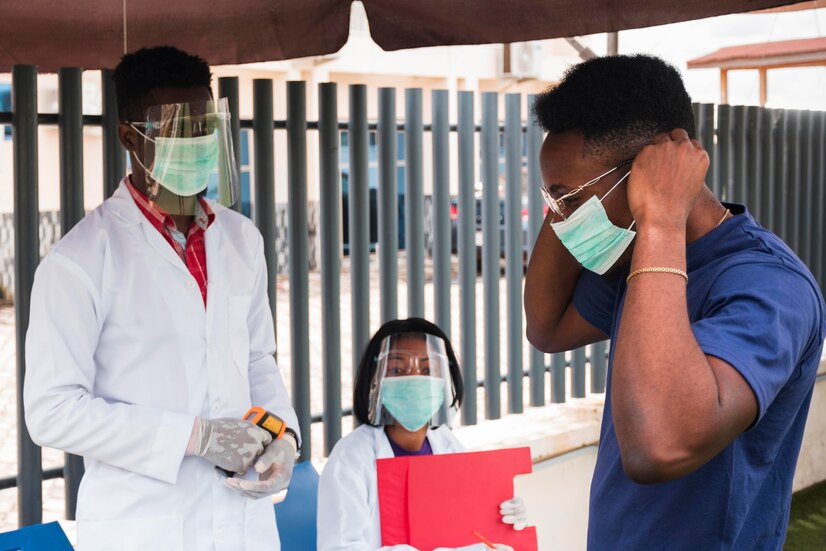
Efforts to control the outbreak have been intensified by Rwanda's Ministry of Health, with support from international health bodies such as the World Health Organization (WHO) and the Centers for Disease Control and Prevention (CDC). These agencies are working closely with local authorities to track and isolate potential cases, while providing medical resources, including personal protective equipment for healthcare workers. Quarantine protocols have also been enacted to limit further transmission of the virus.
Authorities have ramped up public awareness campaigns, urging citizens to avoid contact with suspected cases and to report any symptoms that resemble those of the virus. These symptoms typically appear between two to 21 days after exposure, leading to the urgency of contact tracing to mitigate spread. In addition to public health advisories, surveillance in affected areas has been heightened, with testing centers rapidly established to detect the virus.
This outbreak has heightened regional concerns, with Rwanda’s neighboring countries like Uganda and the Democratic Republic of Congo also stepping up their border controls and monitoring systems. Given the history of Marburg outbreaks in other African nations, including Uganda and Angola, the international community is closely watching how Rwanda handles the situation. In earlier outbreaks, Marburg virus had fatality rates ranging from 24% to over 80%, depending on the strain and speed of medical intervention.
The first cases in Rwanda were reported earlier this month in the eastern parts of the country, where healthcare facilities are now under strain. Hospitals are working to treat those affected while ensuring the safety of both staff and patients. These facilities are operating under strict infection control procedures to prevent healthcare-associated infections. Yet, as the number of cases increases, medical teams face challenges, including shortages of essential supplies and medical personnel.
This outbreak marks Rwanda’s first confirmed instance of Marburg virus, a concerning development in a country that has historically avoided large-scale viral outbreaks. Given the geographical spread of the disease so far, experts fear that without sufficient containment measures, the outbreak could expand to densely populated areas. This is particularly concerning as the country grapples with limited healthcare infrastructure, especially in rural areas, where the virus has shown the most spread.
While there is no specific antiviral treatment for Marburg virus, supportive care, such as rehydration and symptomatic treatment, significantly improves patient outcomes. In addition, experimental vaccines and therapies developed for Ebola have shown promise in treating Marburg, although these are not widely available. Ongoing research aims to accelerate the development of vaccines and treatments to combat the virus, but the focus remains on containing the outbreak through prevention.
The Rwandan government has assured the public that every possible measure is being taken to control the virus, with significant resources being diverted to manage the outbreak. It has also emphasized the importance of international cooperation in controlling the disease's spread. Neighboring countries have been alerted to increase surveillance, particularly at border points, and health ministries across the region are coordinating closely with Rwanda to exchange information and resources.
Topics
Live News
